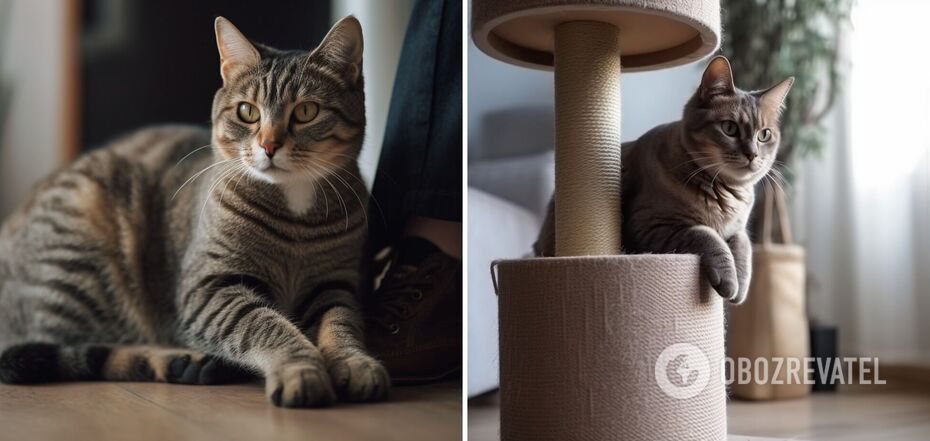Life
Why do cats purr: the main reasons for the reflex
Purring is one of the mysteries of domestic cats. For a long time, scientists could not understand where this soft vibration comes from, accompanied by a distinctive sound. It is also known that some big cats, such as pumas and cheetahs, have this talent. And yet, researchers have managed to explain something about this amazing behavior.
Live Science asked Mikel Delgado, a certified feline behavior consultant, and Katherine Anderson, a professor of veterinary medicine at Cornell University, to talk about this. According to them, science still does not fully understand the nature of purring. "In ninety percent of cases, purring is positive. This means that your cat is feeling satisfied. It's happy, content, and safe," says Delgado.
But research shows that cats purr for other reasons as well. One of them is survival. Thus, kittens are born blind and deaf, but within a few days they start purring. Scientists believe that this is a safe signal they give to their mother, because loud sounds in the wild can be heard not only by her, but also by a dangerous predator. The mother also communicates with the kittens by purring - they find her by this sound. Cat kittens also purr while feeding, perhaps this creates some kind of connection between the animals. When they grow up, this is how they show positive emotions during communication. "They will purr with another cat they are friends with," Anderson said.
Another type of behavior that makes cats purr is when they groom each other. Domestic cats purr around familiar people and dogs. Cats also purr when they are resting, eating, or even when they are alone. Moreover, cats may purr to get what they want.
As Delgado explained, purring is a reflex, but cats can also demonstrate this behavior on purpose. According to a 2009 study published in the journal Current Biology, cats emit a special "demand purr" to ask for food or to get a person to get out of bed. This purr contains higher-frequency sounds than usual, which are a bit like a baby crying. According to Anderson, people really consider such purring to be a sign of something urgent from the cat.
Purring in a feline can also provoke a feeling of stress. For example, during a visit to the vet. Cats can also respond to pain with this behavior. Anderson said that injured cats who came to her for treatment often purred. According to the scientist, this may be a survival mechanism, as it can help them calm down when they are sick, scared, or dying.
Another idea is that purring can help cats recover. According to a 2001 study published in the Journal of the Acoustical Society of America, in the process, cats emit sounds at frequencies between 20 and 150 hertz, which are similar to frequencies used in human treatment to accelerate bone and muscle growth and relieve pain. However, there is no convincing evidence to support or refute this idea.
According to Delgado, in each case, the pet owner can independently determine the reason for their pet's purr. The animal's body language can help. If the cat looks happy and relaxed while purring, it is probably really enjoying the moment it is sharing with you.
Earlier, OBOZREVATEL told you how to understand a cat's body language in more detail.
Subscribe to OBOZREVATEL 'sTelegram and Viberchannels to keep up with the latest developments.



























